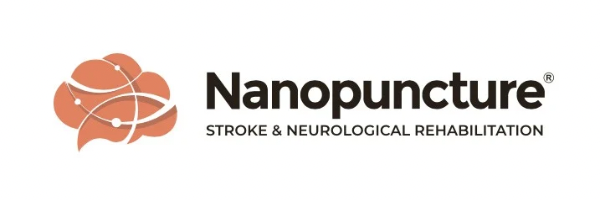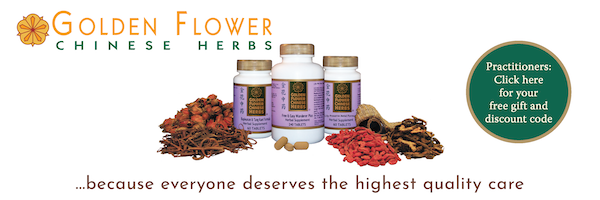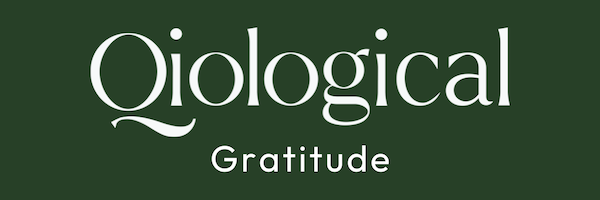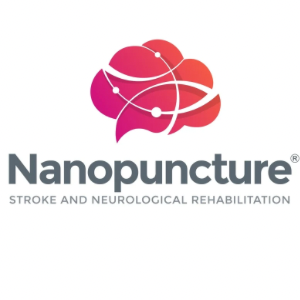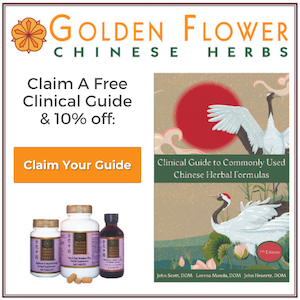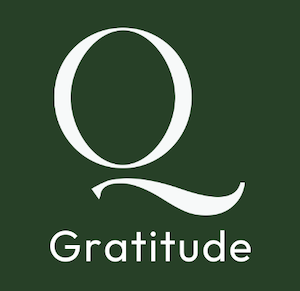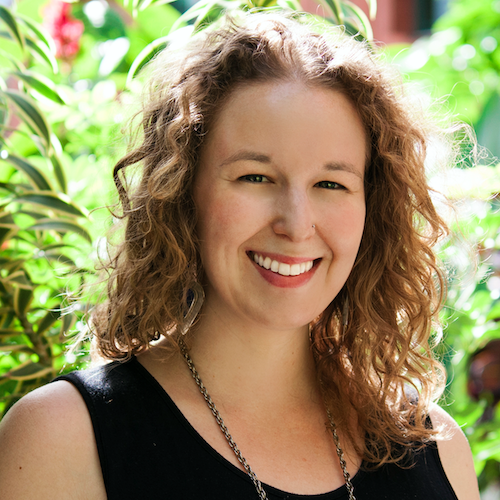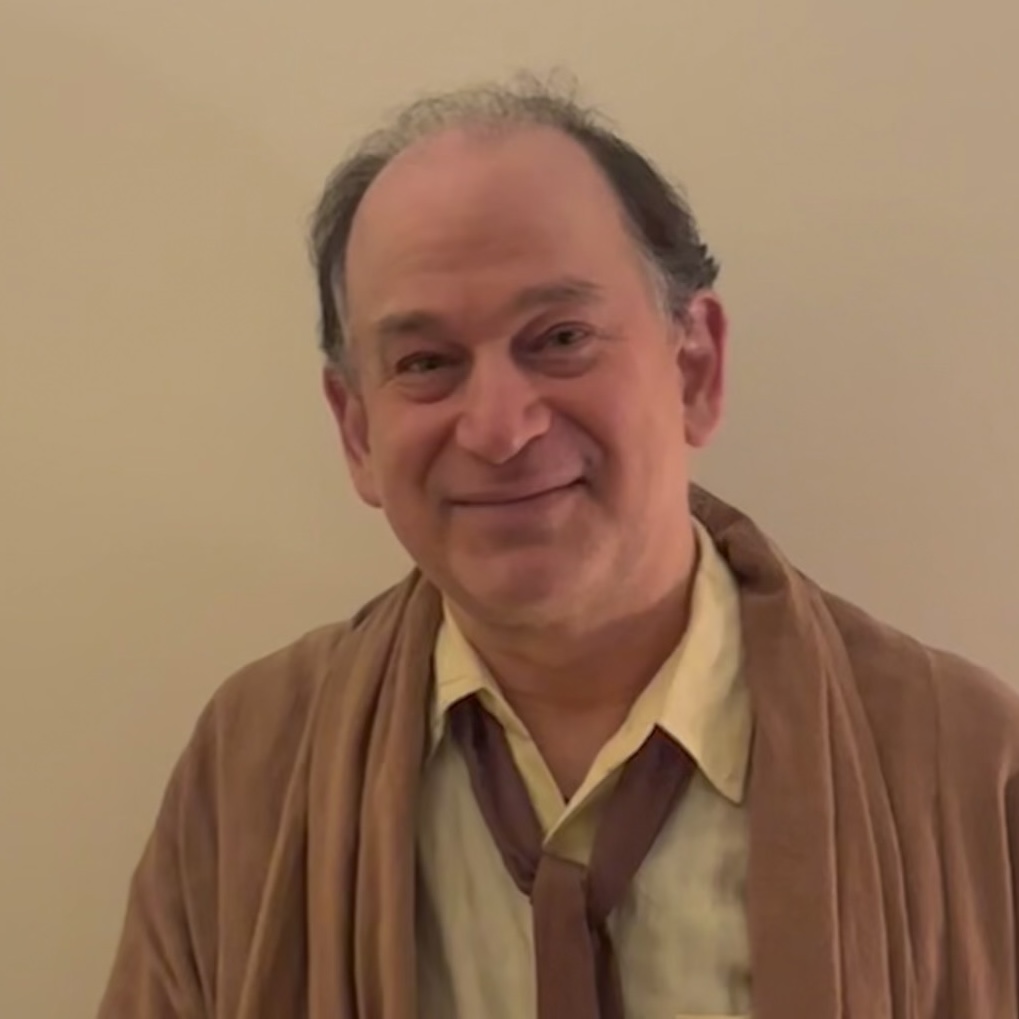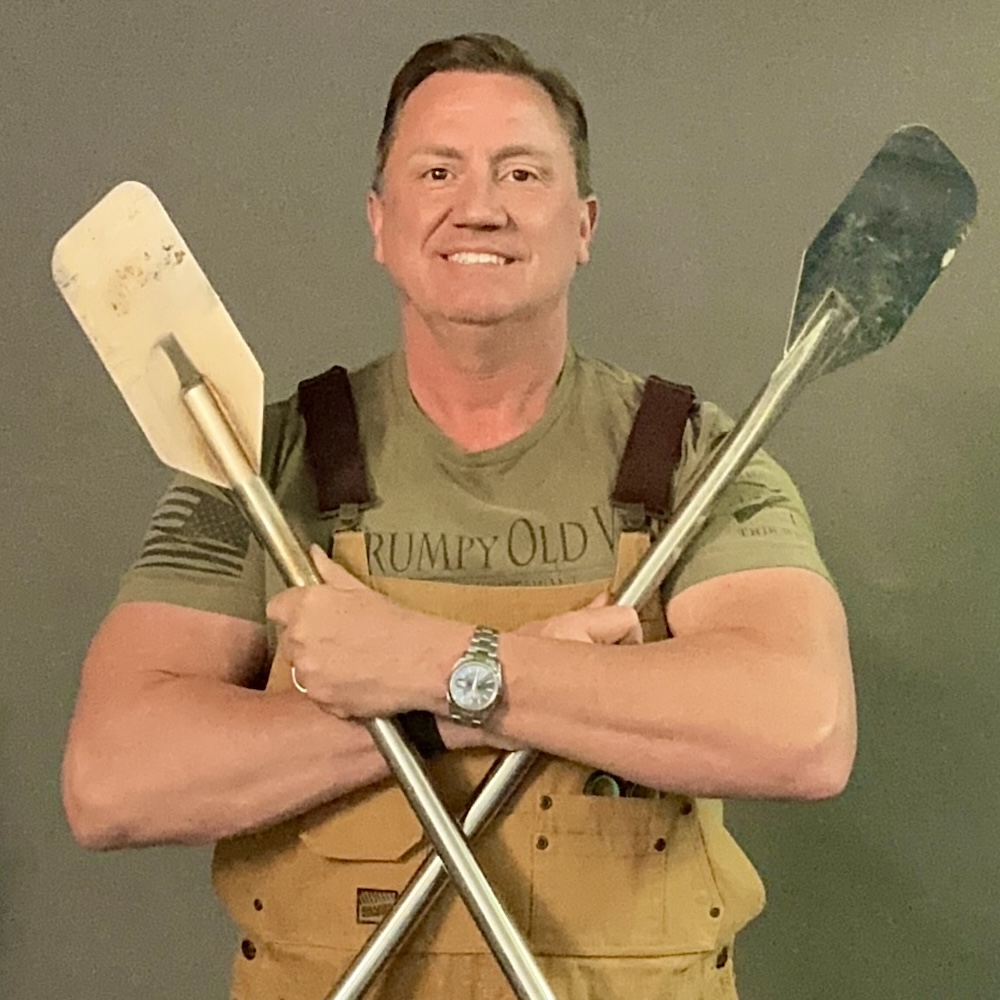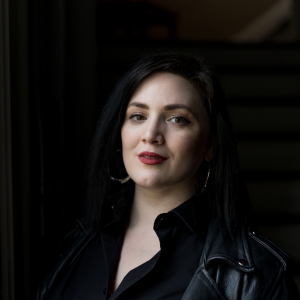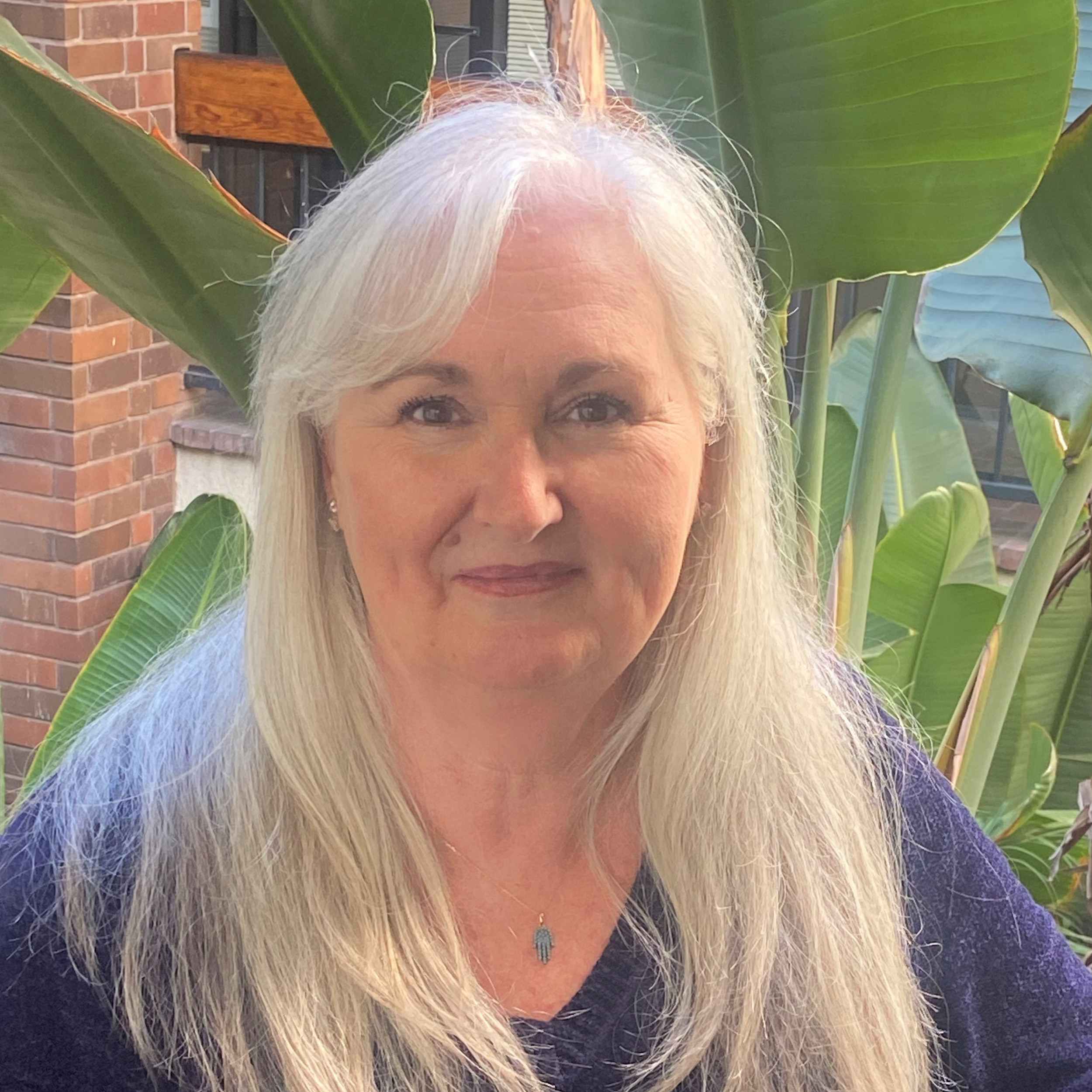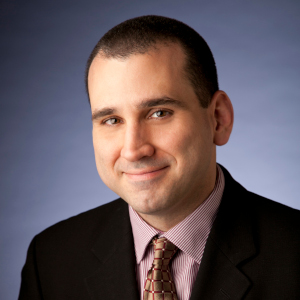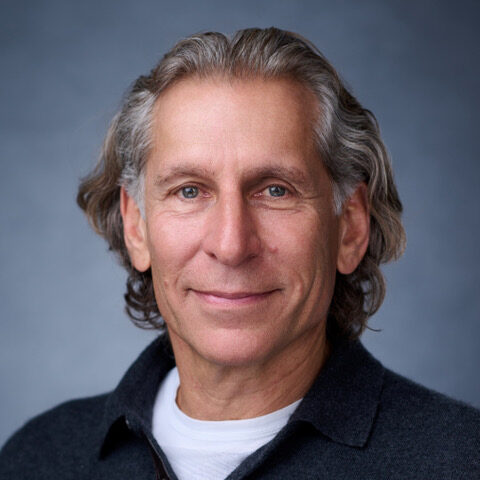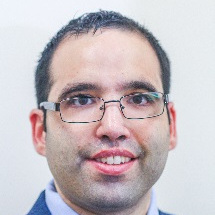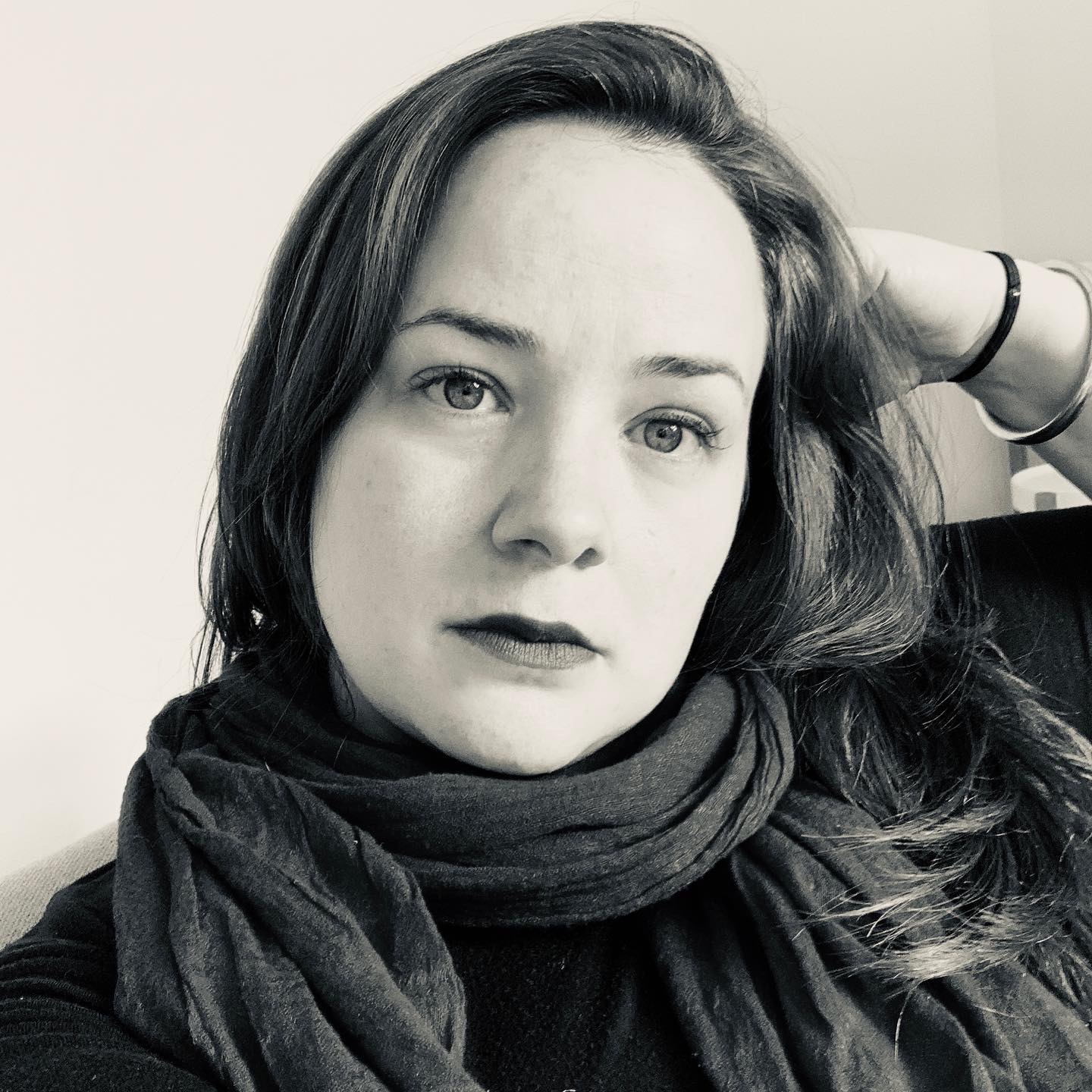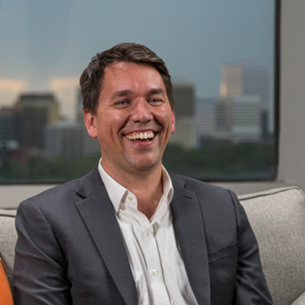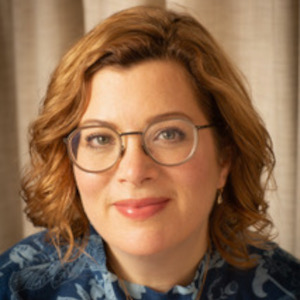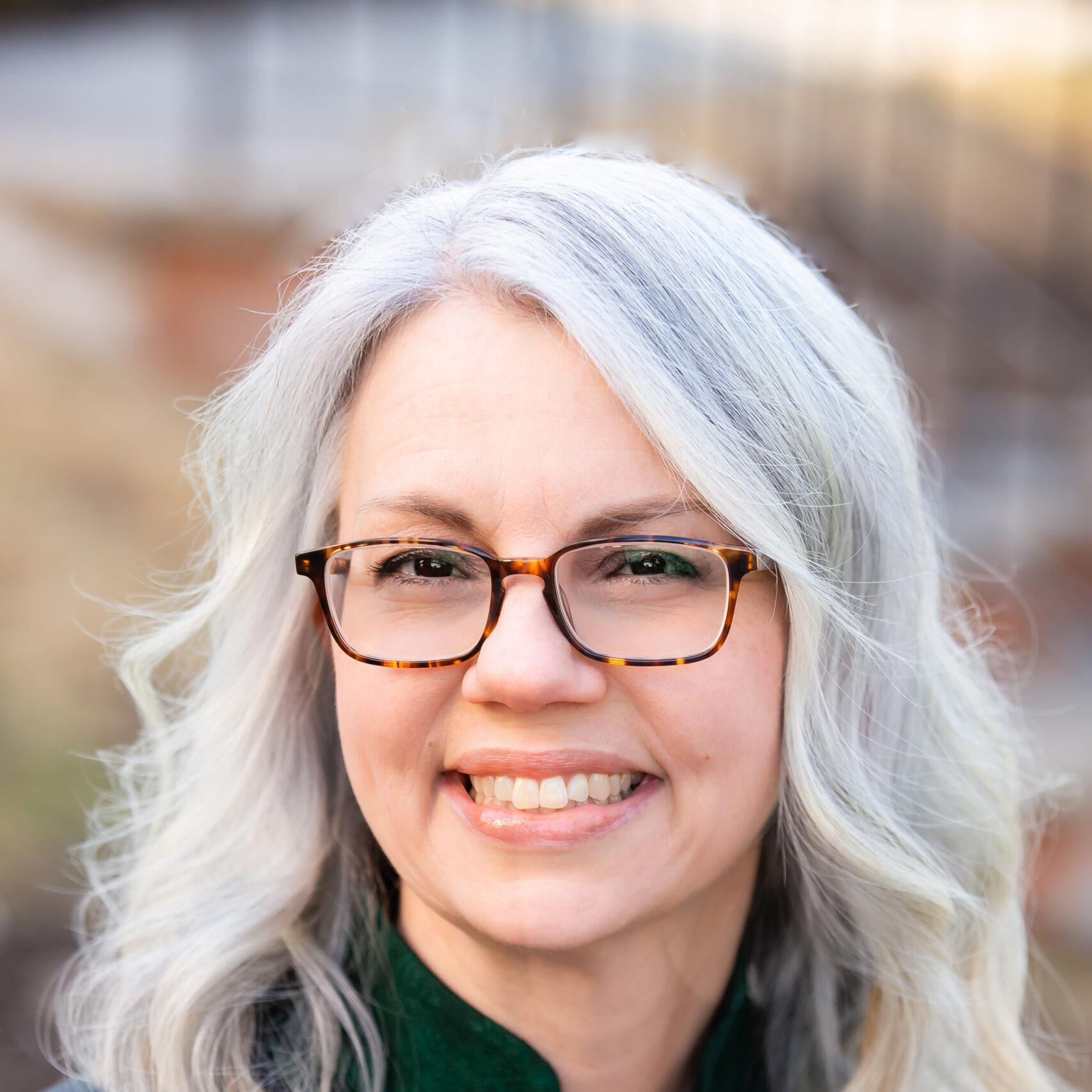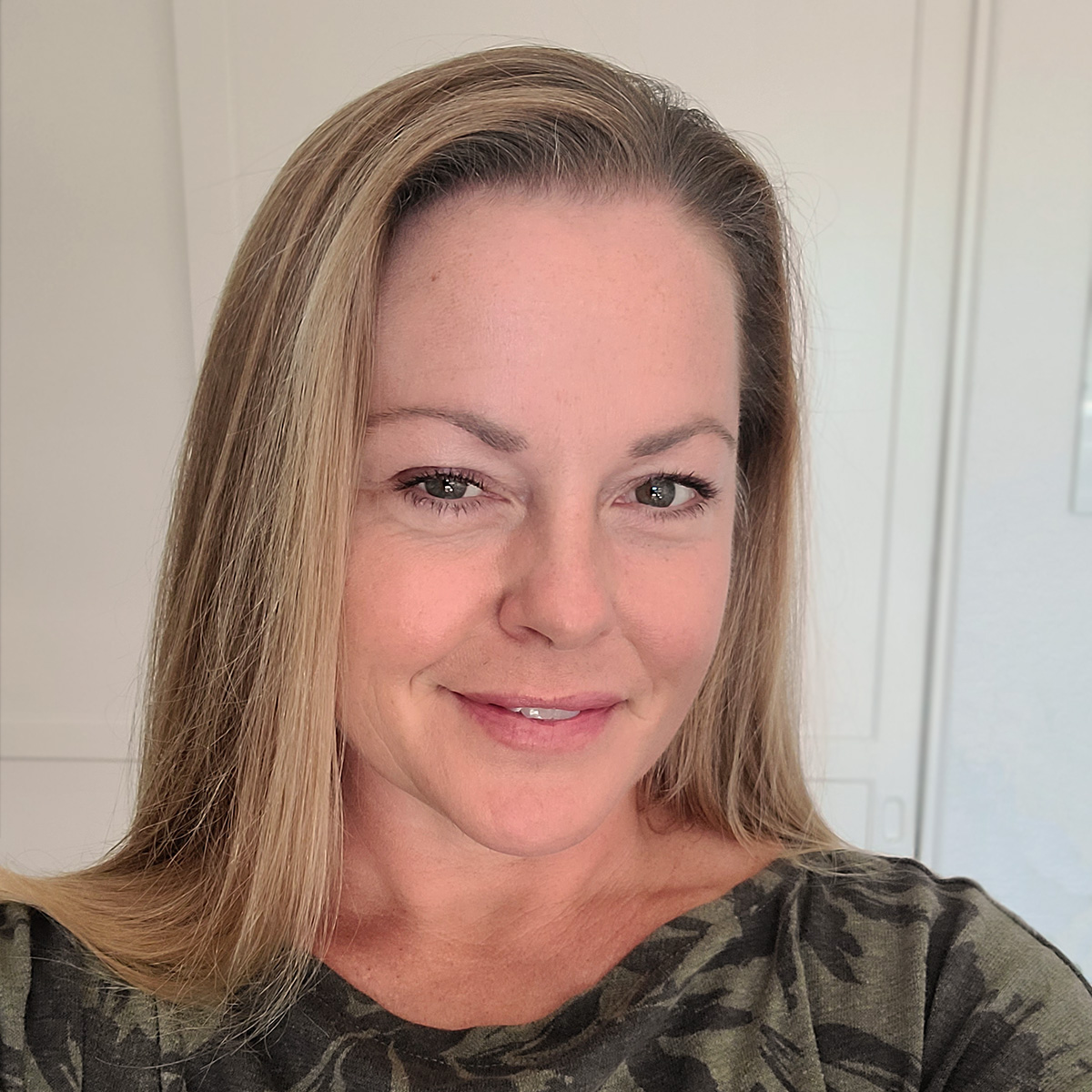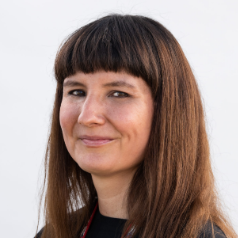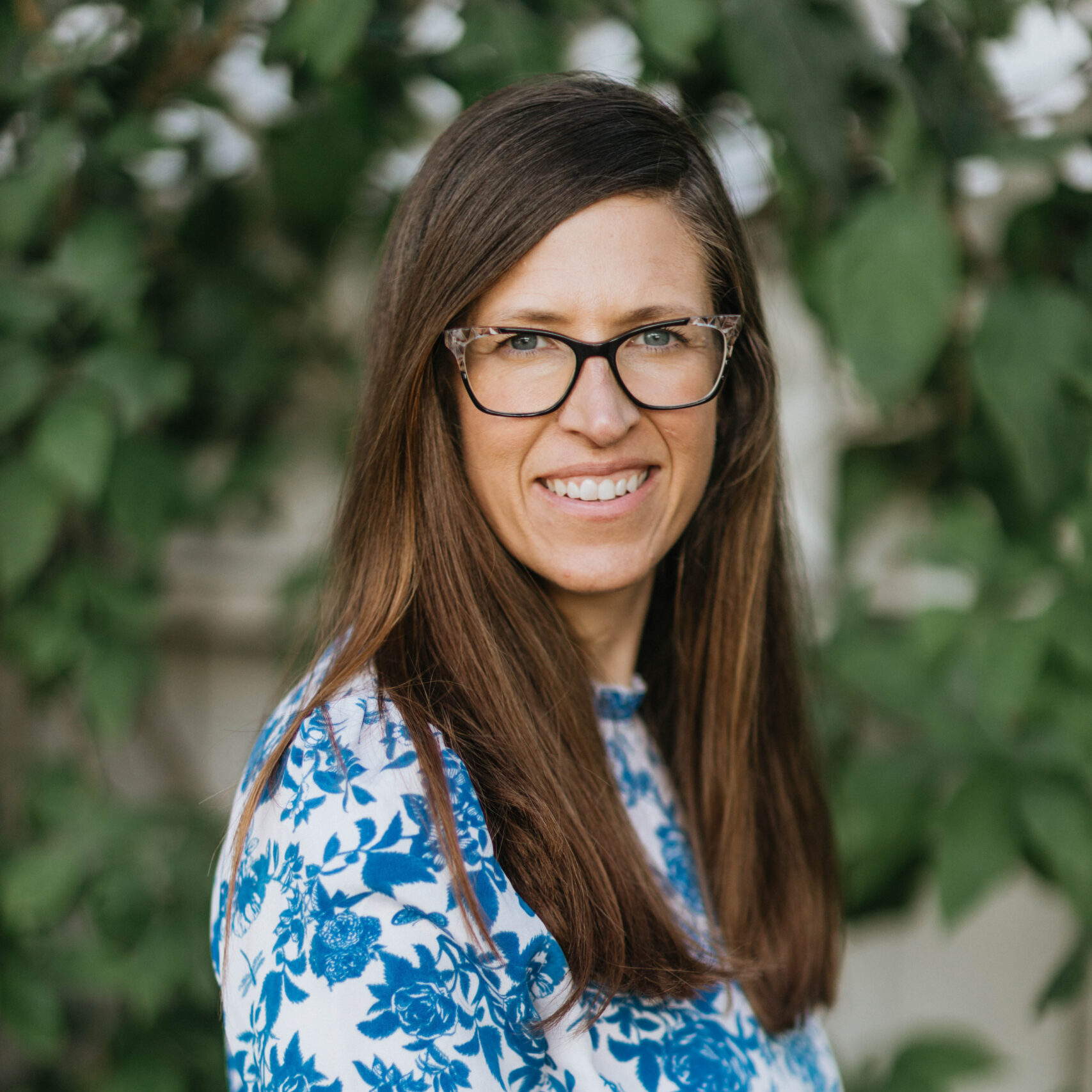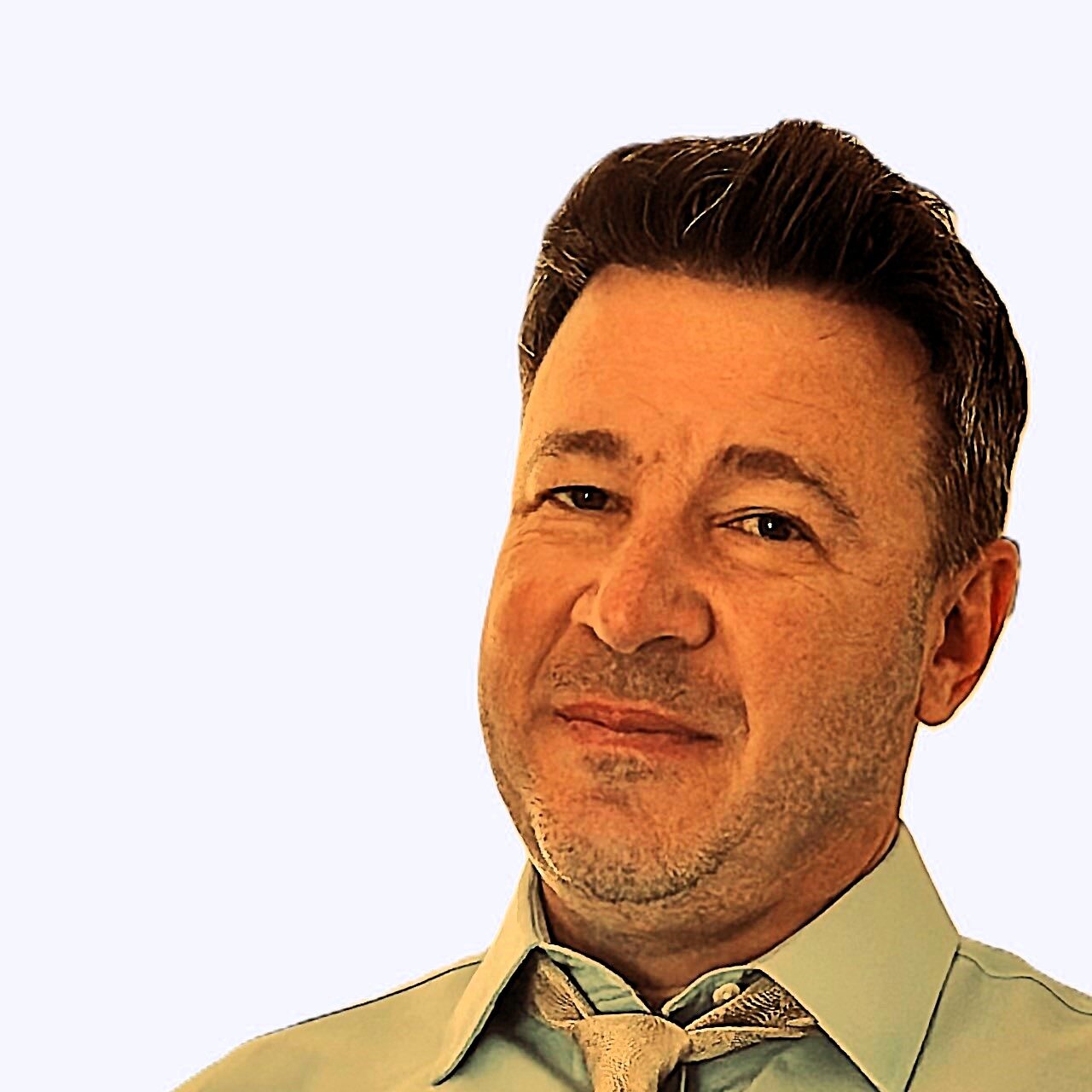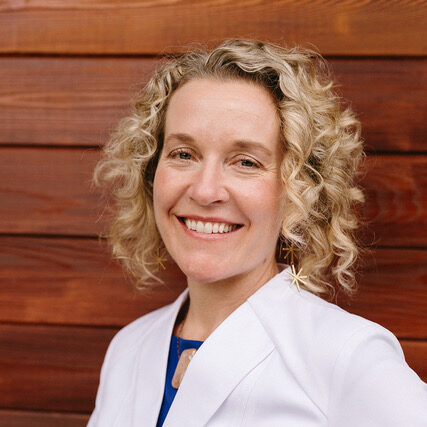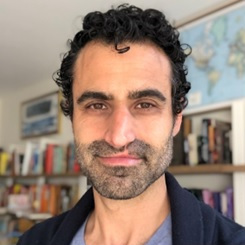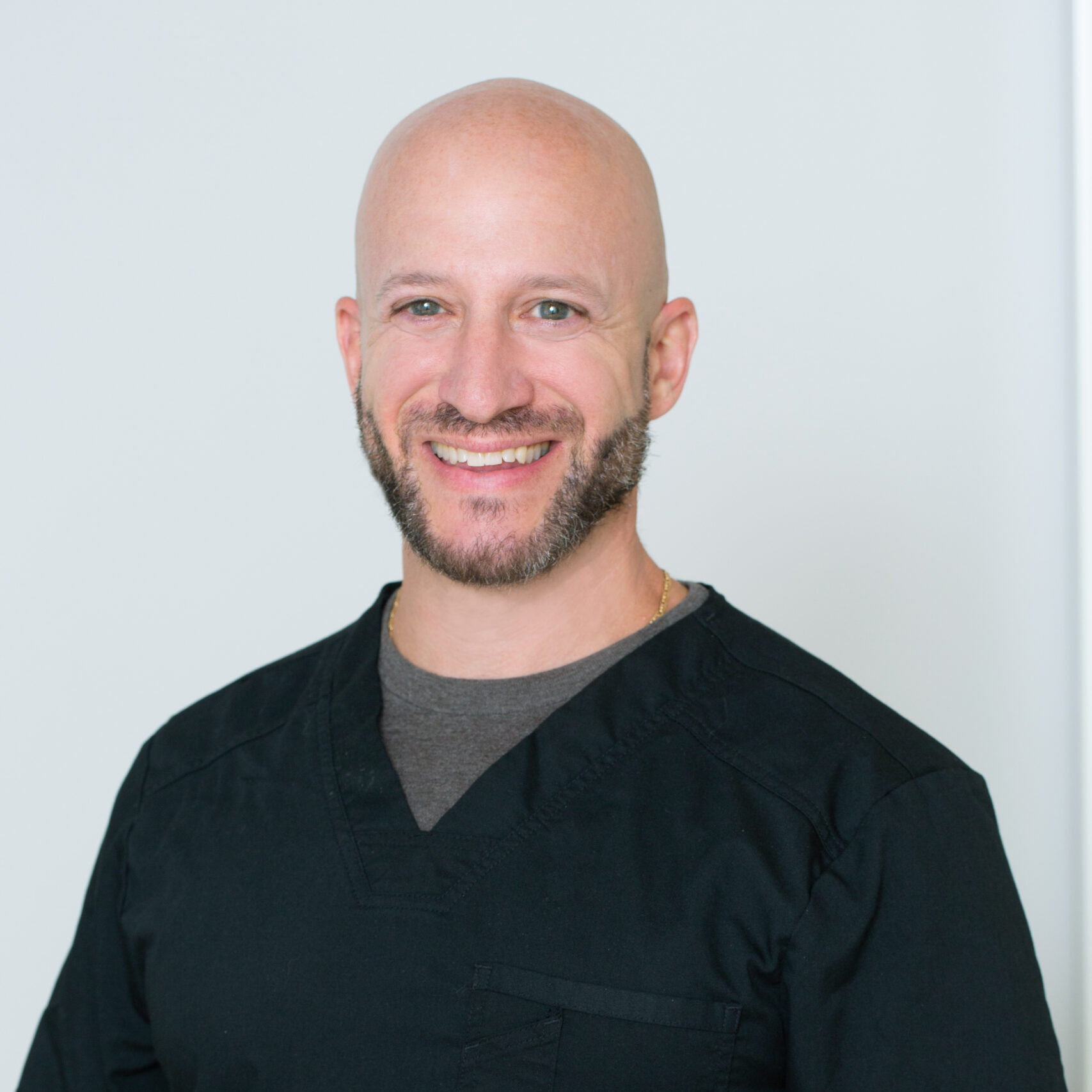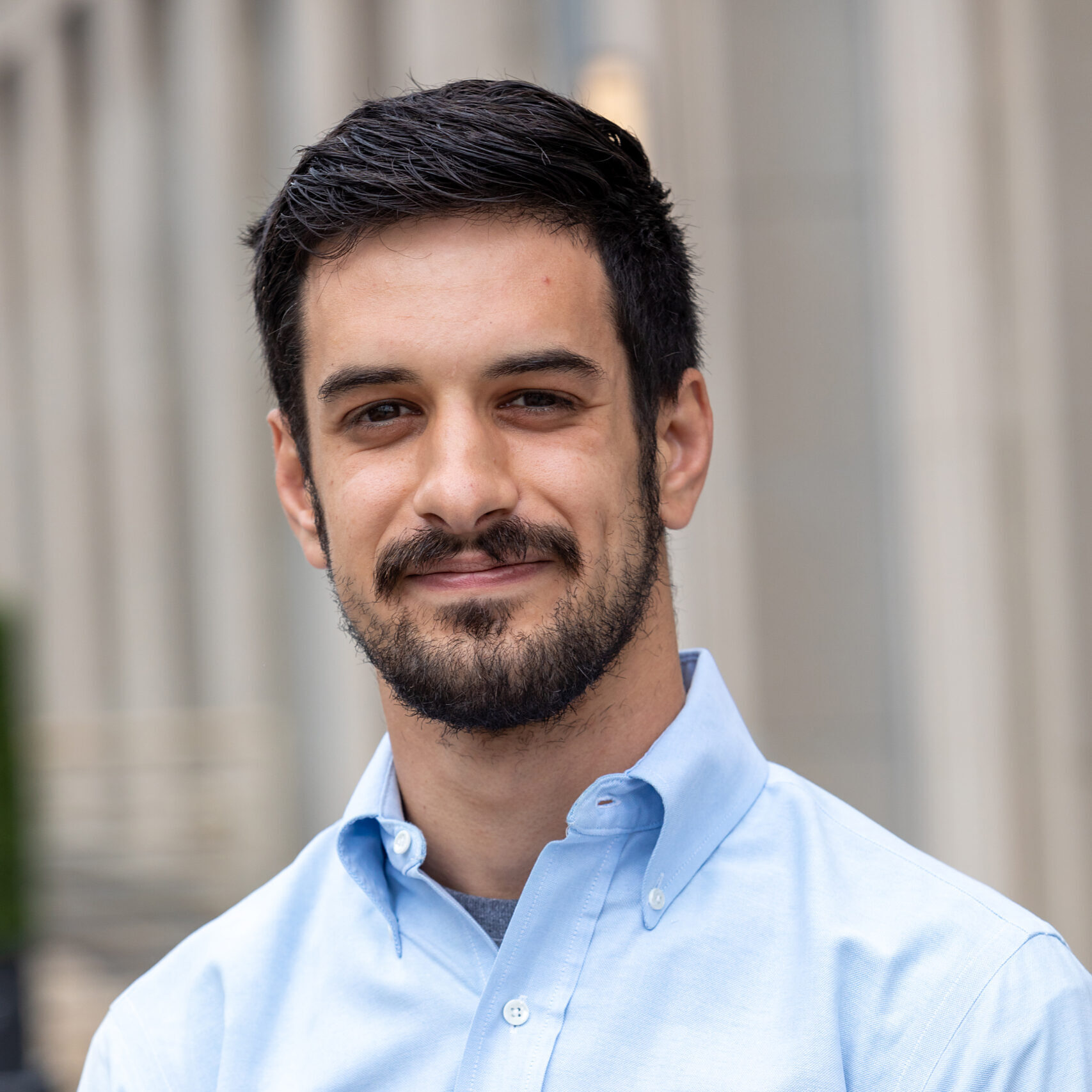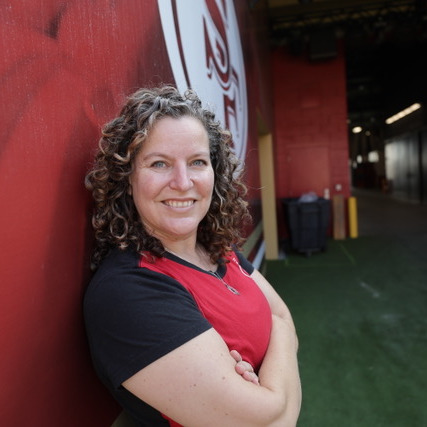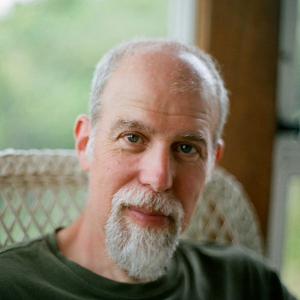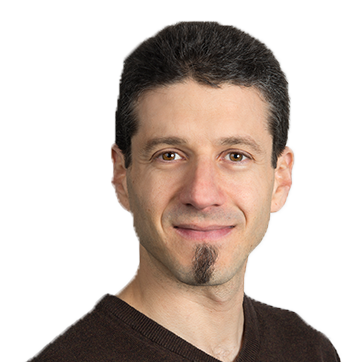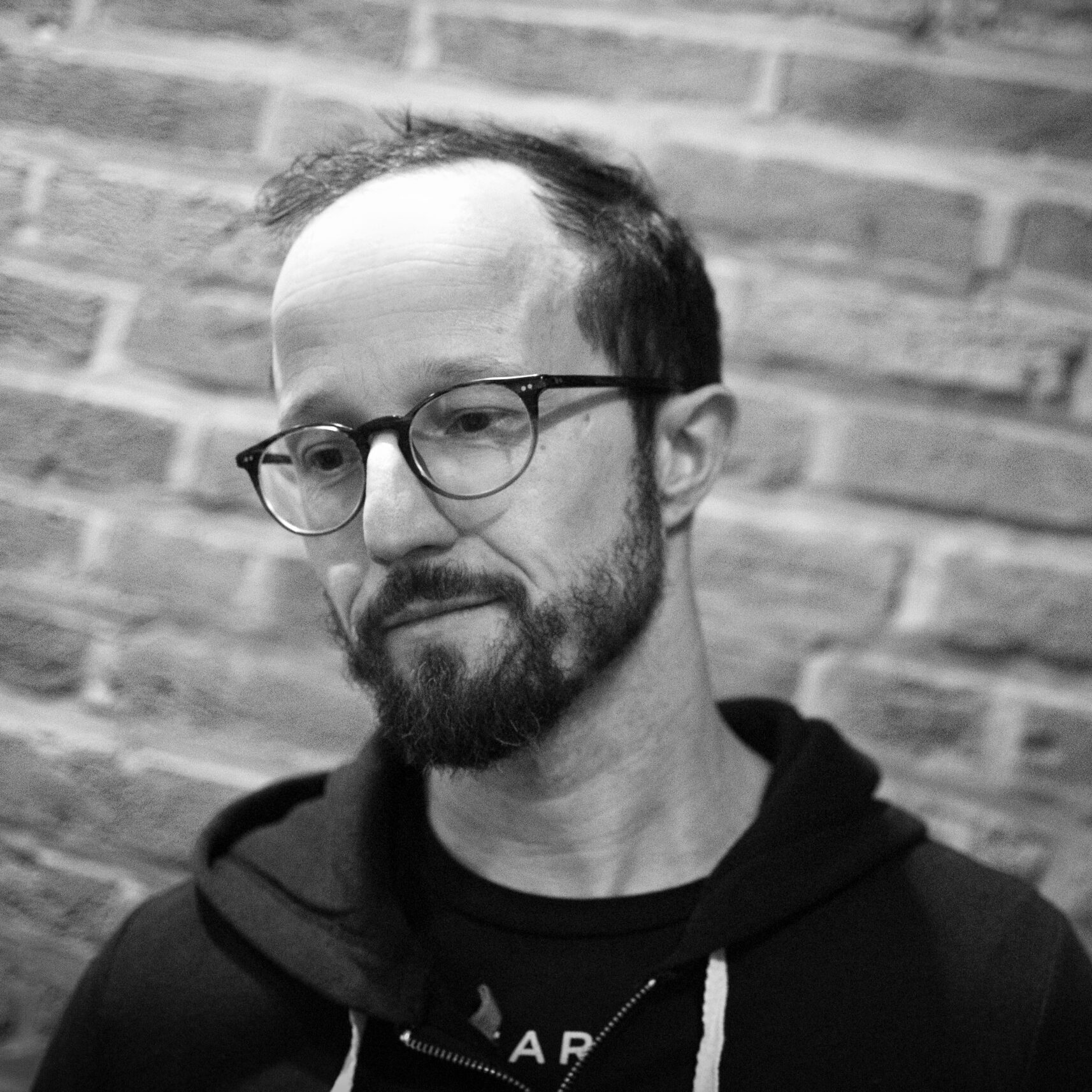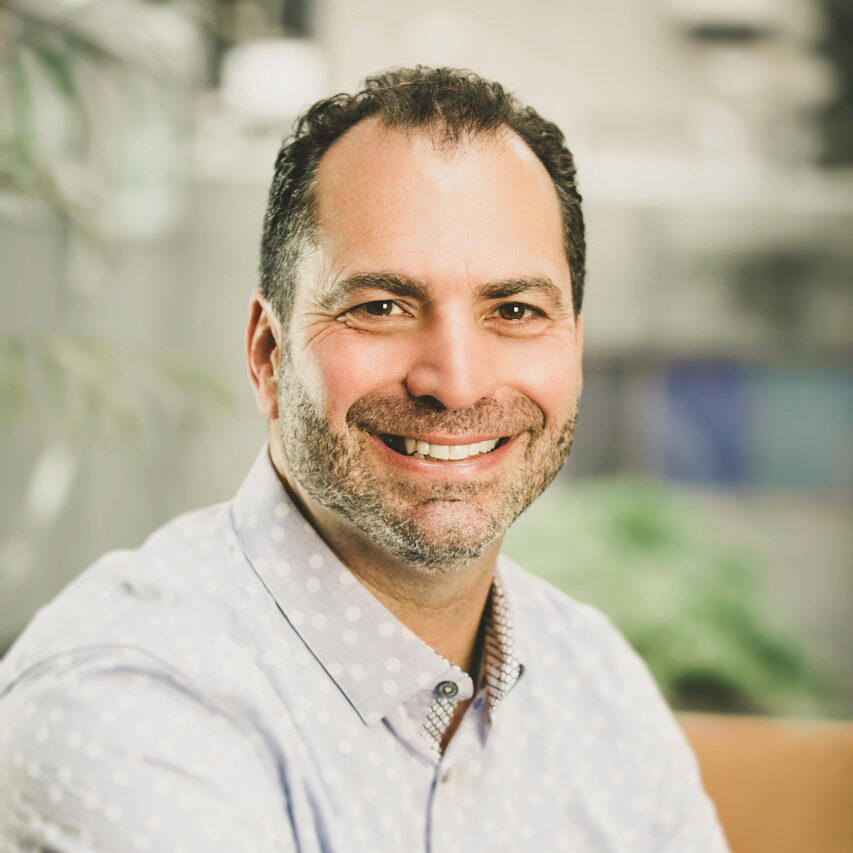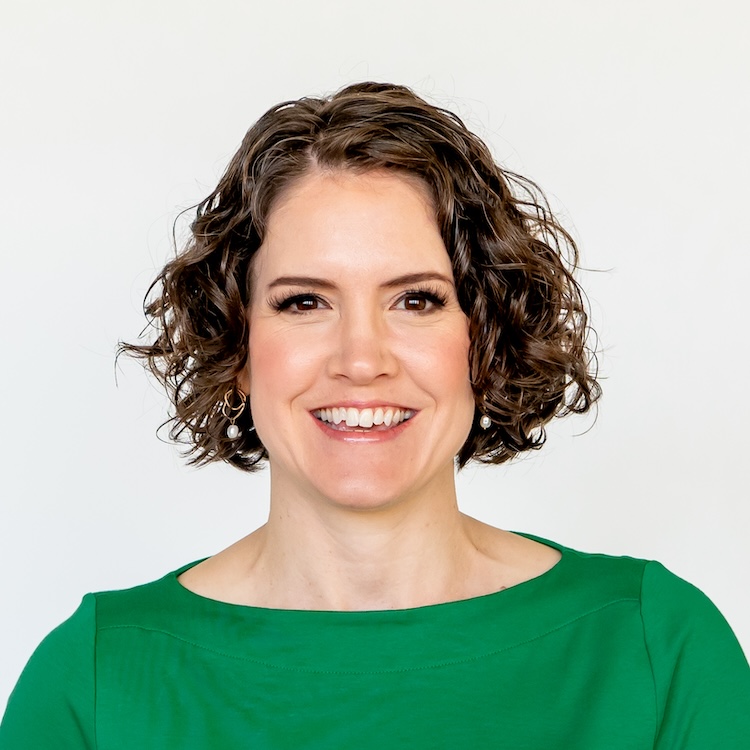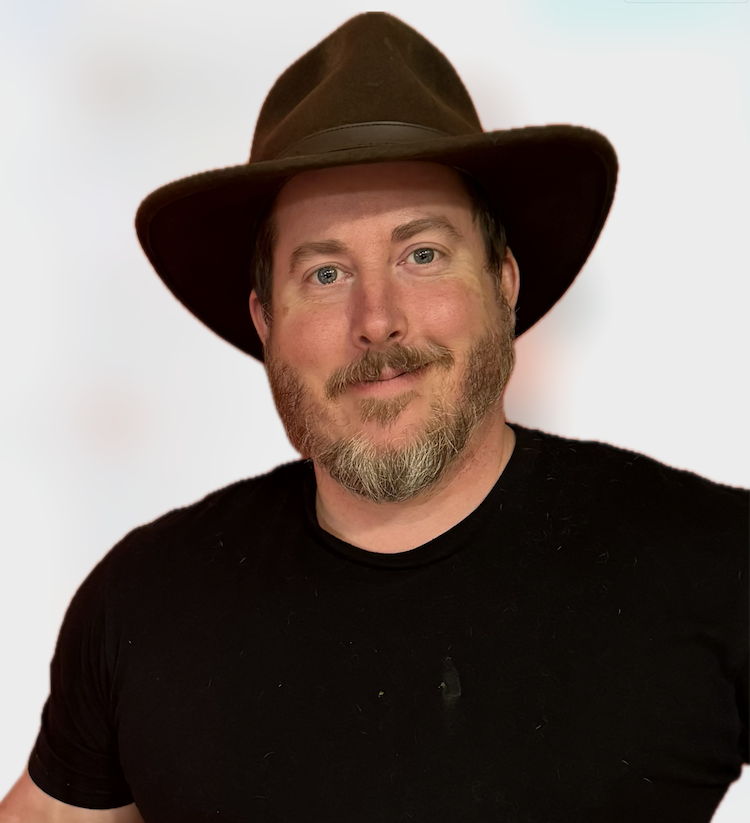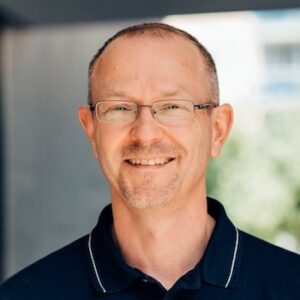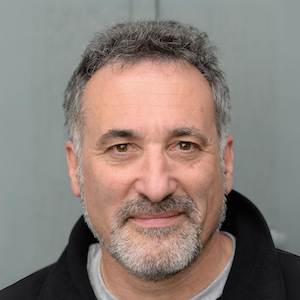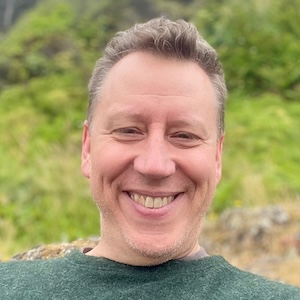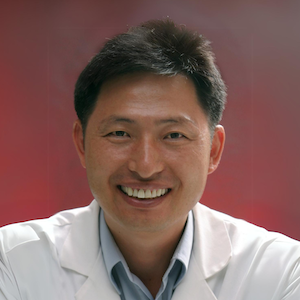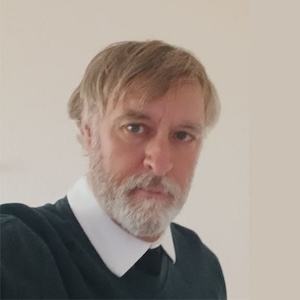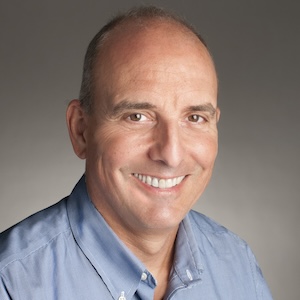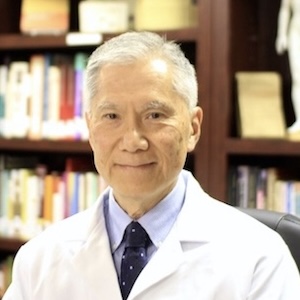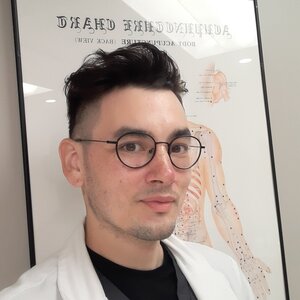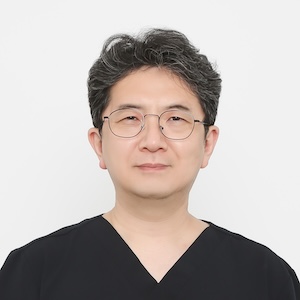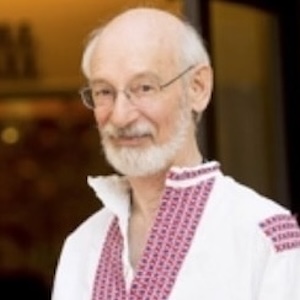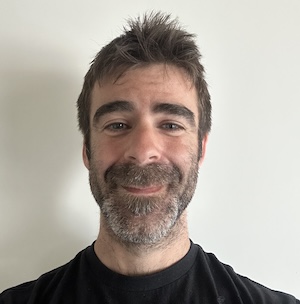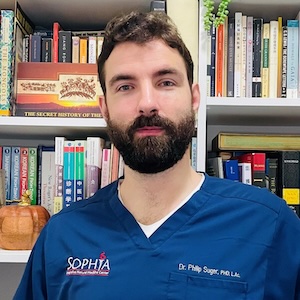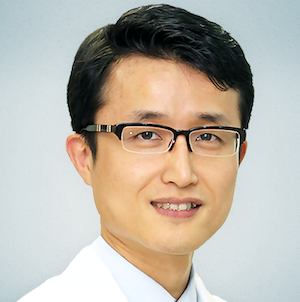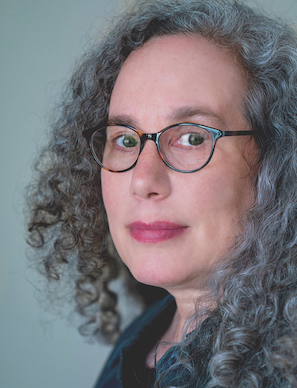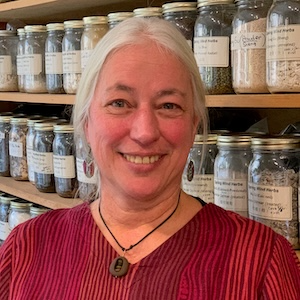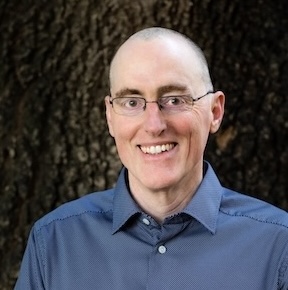If you’ve studied Traditional East Asian Medicine in English, you no doubt have benefited from the work of today’s guest.
Dan Bensky has translated, written, published and taught for more years than most students entering an acupuncture school now have been alive.
He set off for Taiwan in the early 70’s to follow his interest in learning Chinese. Taiwan was still under martial law and the mainland… the mainland was going through the horrors of the Cultural Revolution. Chinese medicine, not even on the radar for him, but something happened in Taiwan.
Listen into this conversation on language, cultural, and learning medicine street smart style.
In This Conversation We Discuss:
- Dan’s surprising first experience with Chinese herbal medicine
- Finding a good school as a foreigner, it’s not so easy especially when you’re also dealing with navigating a profoundly foreign culture
- The Macao school was a real mix of Chinese cultures, languages and racism
- The challenge of parsing different accents, especially when it came to learning the fundamentals
- What do you do when you realize that the teacher understands you can grasp Chinese medicine, but they don’t really want you to learn?
- The little project that turned into Eastland Press
- Holding onto secrets is part of Chinese medicine, but it impedes the development of the medicine
- A story of how patients can get better, but not realize they are better
- Acupuncture is weird, and that’s partly why it is so enjoyable to practice
- The world is not as simple we have been taught
- Acupuncture makes sense to most people experientially, but not so much in theory
- Precision and Accuracy are mutually exclusive
- Jazz is a creative expression, acupuncture is a creative response
It is important to check the tongue during an acupuncture treatment. This is true not only of the qi aspects, such as the state of any teeth marks, but also of blood aspects, such as the presence of sublingual veins. Not only should both of these improve during the course of a treatment, but an increase in the severity of teeth-marks (especially if at first they have lessened during the treatment) is a very clear sign of over treatment. When you see the teeth marks increase during the course of an acupuncture treatment you should at the very least stop doing any more needling and probably it is best to remove the last needle or two.
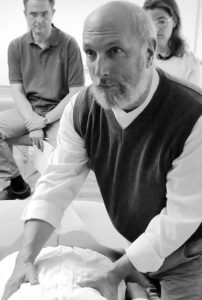 I’ve been interested in things East Asian since I was a boy and stumbled into Traditional East Asian Medicine [TEAM] by chance in the early 1970’s. At the time it was not only very hard to find a place to study, it was even hard to know what or how to study.
I’ve been interested in things East Asian since I was a boy and stumbled into Traditional East Asian Medicine [TEAM] by chance in the early 1970’s. At the time it was not only very hard to find a place to study, it was even hard to know what or how to study.
This sense of wonder has stayed with me for the past 45 years.
My experiences, in Taiwan, Japan, China and the US have shown me that the greatest thing about this medicine is that it has so many tools that aid in being open to paying attention to and helping our patients on a multitude of levels.
Similarly, engagement with the medicine demands that we dive into the traditions without being stuck in them so that we can connect to and be a part of them. I have been helped along this path when, again by chance, I became interested in osteopathic medicine in the late 1970’s and had the good fortune to go to Michigan State University where I was able to work with some amazing teachers. It became quickly obvious to me that TEAM and osteopathy were complementary on many, many levels and I’ve been working on integrating them and attempting to understand how each illuminates the other ever since.
Links and Resources
Find out more about Engaging Vitality at www.engagingvitality.com
And visit Eastland Press for quality books on acupuncture and East Asian medicine.
Subscribe To This Podcast In Your Favourite Player
Share this podcast with your friends!
Shop Talk with Jason Robertson
Palpating Head Points
In this Shop Talk Jason Robertson discusses the importance of putting your hands on your patients heads to understand where physically the points actually are located.
He draws from his experience with Dr Wang Ju-Yi in discussing how points are “jie” which you can think of as junctions or spaces, they’re notable by the way they feel. And this isn’t just for points on the head, but through the body. It’s helpful to put your hands on people and let the body tell you where the point is located.
Dr. Wang had a special affinity for DU19 and DU21 and how they can be used for treating back pain and for issues that result from a failure of the clear yang to ascend.
Clear diagnosis is the key to effective treatment and putting your hands on people both as a diagnostic and to find the most potent points is a practice that will serve you well in the clinic.
You can find out more about Jason’s work at www.channelpalpation.org
Sign up for his hands on course in Chicago September 16, 2023.
And listen for more Jason’s perspective and how it can help your practice on his podcast Dialogues on Channel Palpation. You’ll find it wherever you get your podcasts.
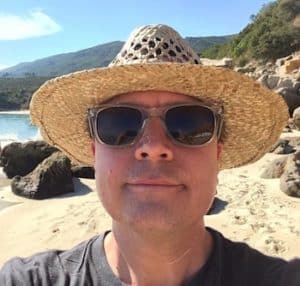 Jason Robertson, L.Ac
Jason Robertson, L.Ac
I began studying Chinese when I was 17 after having a great high-school teacher. In college I majored in East Asian studies, eventually spending most of my 20s living and working in Taiwan.
After studying at ACTCM, I went to Chengdu for a year to study herbs then spent two years in my native Kentucky practicing acupuncture. After a few years seeing patients, I realized that I had much more to learn. I had seen Dr. Wang Juyi speak at a weekend seminar in California and, on a whim, I was determined to look him up. With what now looks like a bizarre leap of faith, my wife and I moved to Beijing. I called Dr. Wang on the phone (only after arriving) and he happened to be home.
What thus began in what I thought would be a brief sojourn to collect a few clinical tricks ended up shaping the rest of my life. The approach to Chinese medicine that Dr. Wang embodied was one shaped by the earthy, practical reality of twentieth century China. He strove to come up with ideas that worked while drawing from the maps provided in the classics; to get out of his head and into his hands. He was like me in the sense that he loved to think and found that a hands-on palpation based approach to acupuncture helpfully limited the temptation to devise beautiful and elegant diagnoses and treatments that didn't actually work. Palpation prevents theoretical quicksand. Twenty years later, I'm still finding new things through palpation, learning from other palpation traditions and chipping away at the edges of what I think I can do with Chinese medicine.

